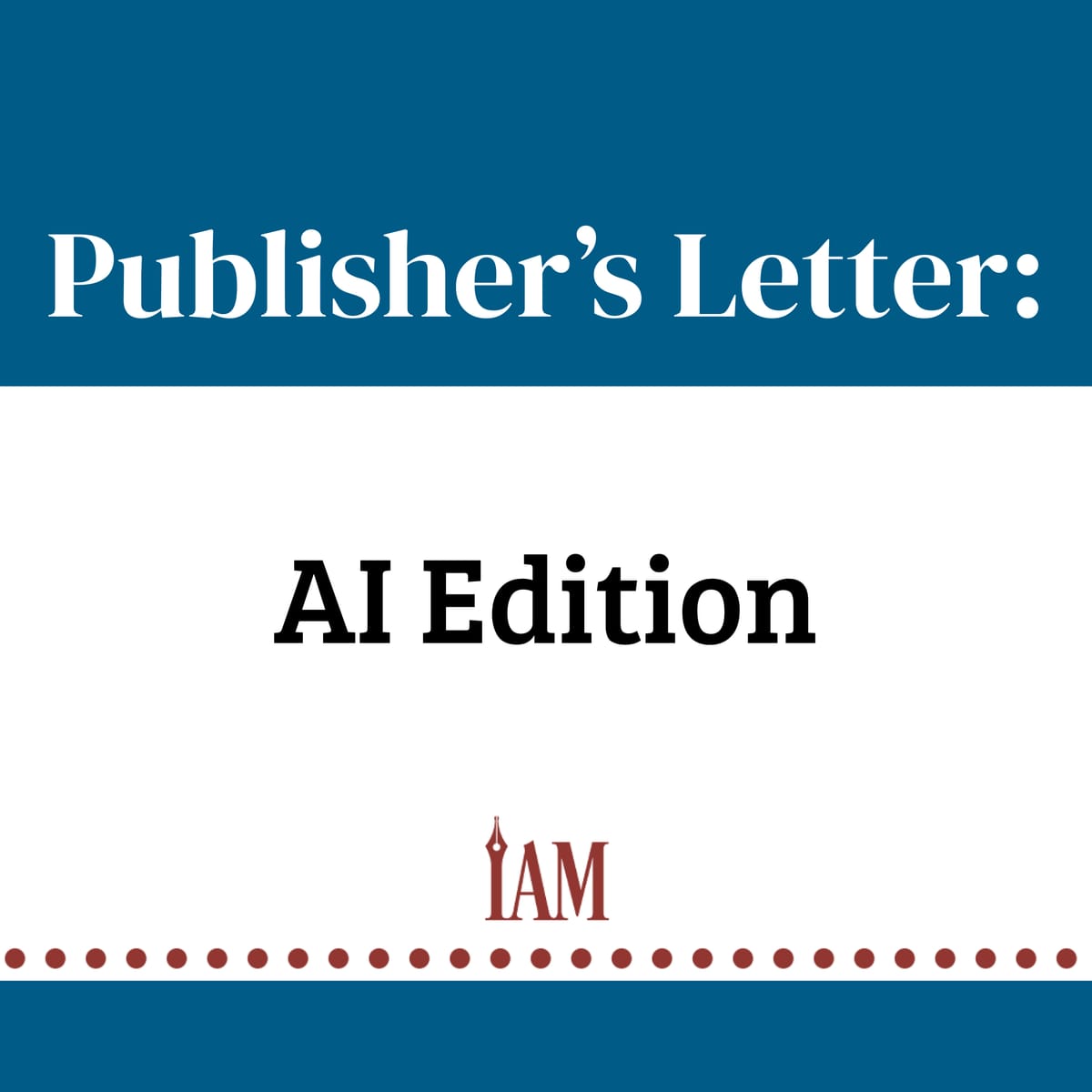As a self-proclaimed geek-in-heels, technology has been a mainstay in my life and career for over three decades. Since my first job out of travel agent training school in 1987, I was the office nerd, the one who could fix the printer or reboot the network. The agents I worked with were "old school," knowledgeable about the best restaurant in any country and how to get the hottest Broadway tickets, but they resisted even the most basic tech tools, like email.
Retail travel agencies had to evolve quickly with the introduction of the internet. I built my first website in 1995, heavily pregnant with my second daughter, and convinced my then-boss that this new thing called the world wide web would revolutionize our business.
Fast forward to today, and the traditional idea of the travel agent is all but dead. In its place are evolved travel professionals who command higher wages for their expertise and understanding of how to employ technology to serve their customers.
I see parallels between the mainstream use of AI in our industry and the evolution of the travel agent. If authors can adapt to the reality that AI is already changing the world, they will have the best shot at career longevity. AI can be used to outsource busy work, marketing tasks, and even help draft novels, write outlines, or create imagery.
Are there problematic issues around the legal and ethical ramifications? Absolutely. In this special issue of Indie Author Magazine, we aim to present a balanced journalistic perspective and provide resources and tools to monitor them. As a magazine, we neither advocate for nor against the use of AI.
As a technologist, however, this feels very familiar, and I hope we can bring some levity to the hotly discussed issues and shine a light on a hopeful path for our creative colleagues.








